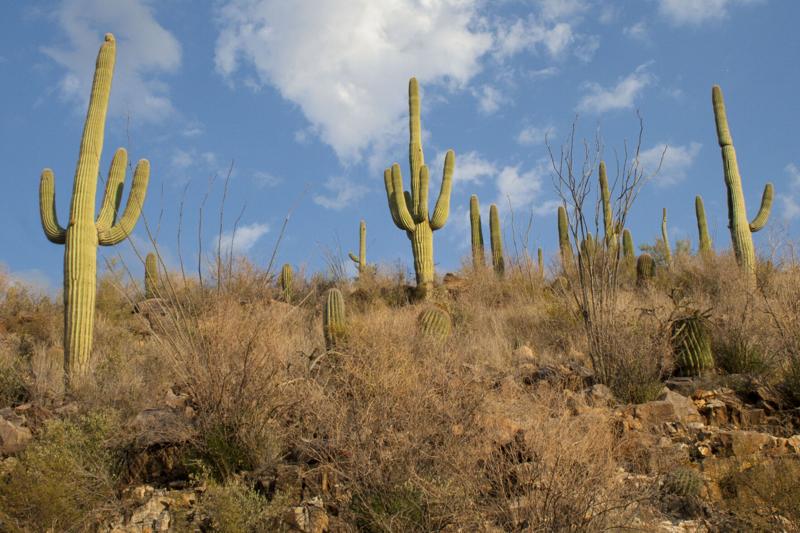A federal judge dismissed a complaint against the National Park Service on Friday that alleged the government failed to honor its own currency at the entrance to multiple parks.
Judge Timothy Kelly dismissed the complaint, but left an opening for plaintiffs to re-file an amended complaint. The judge ruled the would-be visitors, who were told they needed to pay with something other than cash, lacked standing to sue.
“The Court finds that they have failed to plausibly allege that they have suffered an injury in fact that is both ‘concrete and particularized’ and either ‘actual or imminent’ in support of the relief they seek,” the judge wrote in a five-page order.
The order comes after three people filed a lawsuit in March 2024 against the National Park Service for refusing to accept cash for park entrance fees. They alleged the NPS Cashless program violates federal law. The complaint sought to have a judge declare NPS cashless policies unlawful. The suit alleged that three visitors were denied entrance to national parks in Arizona, New York and Georgia. The complaint further alleges]d that the “National Park Service no longer accepts American money at approximately twenty-nine national parks, national historic sites, national monuments, and national historic parks around the country.”
Attorneys for the federal government argued the suit should be tossed because the plaintiffs had not been harmed by the policy and do not have standing to sue.
“Plaintiffs fail to allege that they personally lack access to non-cash payment methods and thus have not plausibly alleged that they have been harmed by the challenged policy as is necessary to establish their standing to sue,” U.S. Department of Justice attorneys wrote. “Second, Plaintiffs have failed to state a claim on which relief can be granted because the statute on which they rely to characterize the alleged cashless program as unlawful does not require the Park Service to accept cash for the services it provides.”
The judge noted in the order that “a past injury cannot sustain a claim for forward-looking relief of the kind sought here.”
Attorney Ray Flores, who represented the park visitors, said he was reviewing the judge’s order and would consider filing an amended complaint to address the issues.
The judge gave the plaintiffs until March 7 to file an amended complaint.
NPS said it stopped accepting cash at some parks to better steward that money.
“Reducing cash collections allows the National Park Service to be better stewards of the fees collected from visitors,” according to its website. “Cashless options reduce transaction times at busy entrance stations and decrease the risk of theft. Moving to a cashless system improves accountability and consistency, reduces chances of errors, and maximizes the funding available for critical projects and visitor services.”
The NPS website also notes alternatives.
“Each park that has completed the transition to cashless fee collection has an alternative option for visitors who are not able to pay with a credit or debit card. The specific arrangements vary by park, and park staff onsite will be able to assist,” according to NPS. “Most parks that have converted to cashless fee collection have had an overwhelmingly positive experience.”
In a 2023 news release, NPS explained why Death Valley National Park was going cashless. It said that Death Valley collected $22,000 in cash in 2022. Processing that cash cost the park $40,000, according to the release.
“Cash handling costs include an armored car contract to transport cash and park rangers’ time counting money and processing paperwork,” according to the release. “The transition to cashless payments will allow the NPS to redirect the $40,000 previously spent processing cash to directly benefit park visitors.”
According to NPS, of the more than 400 national parks in the National Park System, 108 charge an entrance fee.







